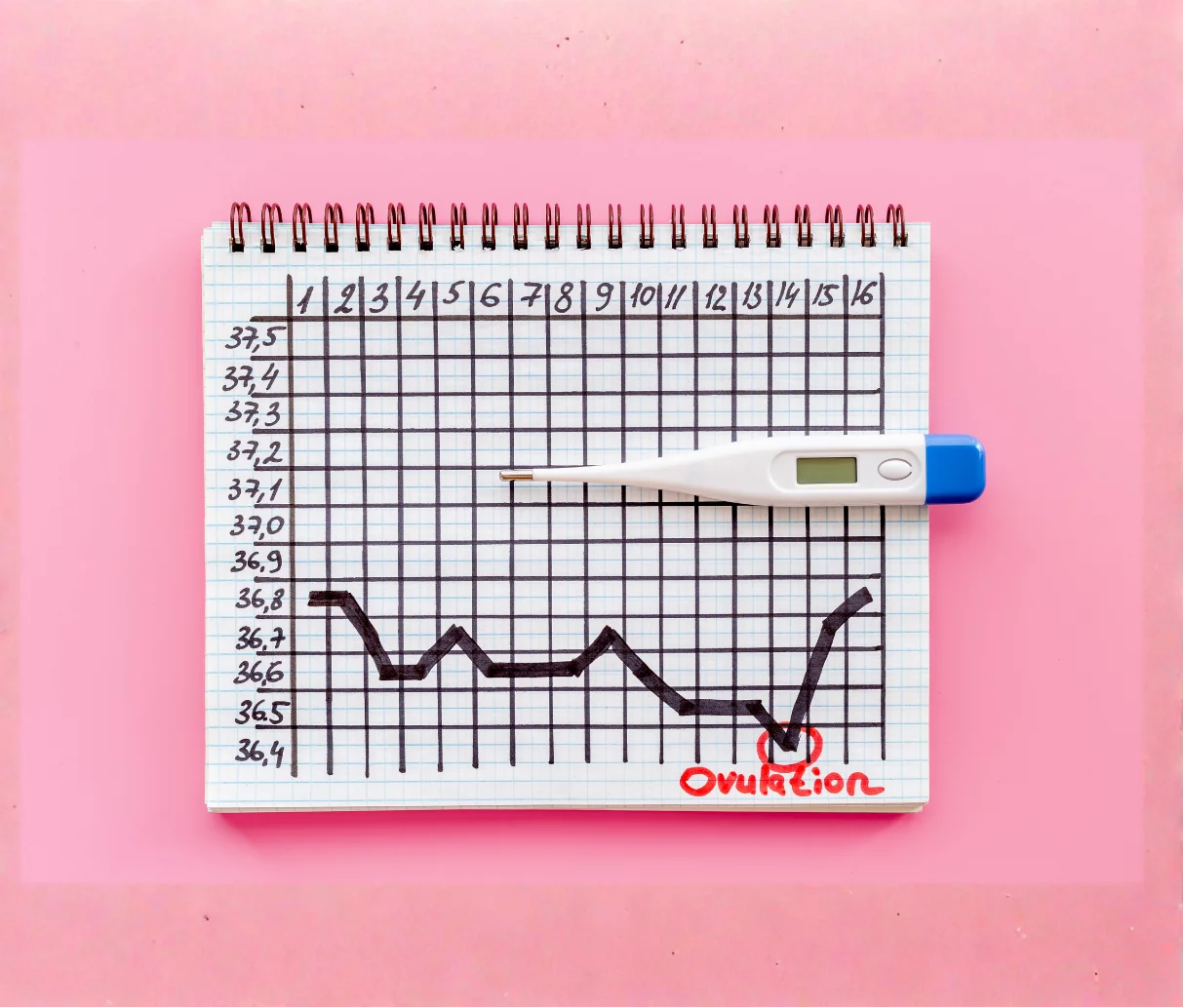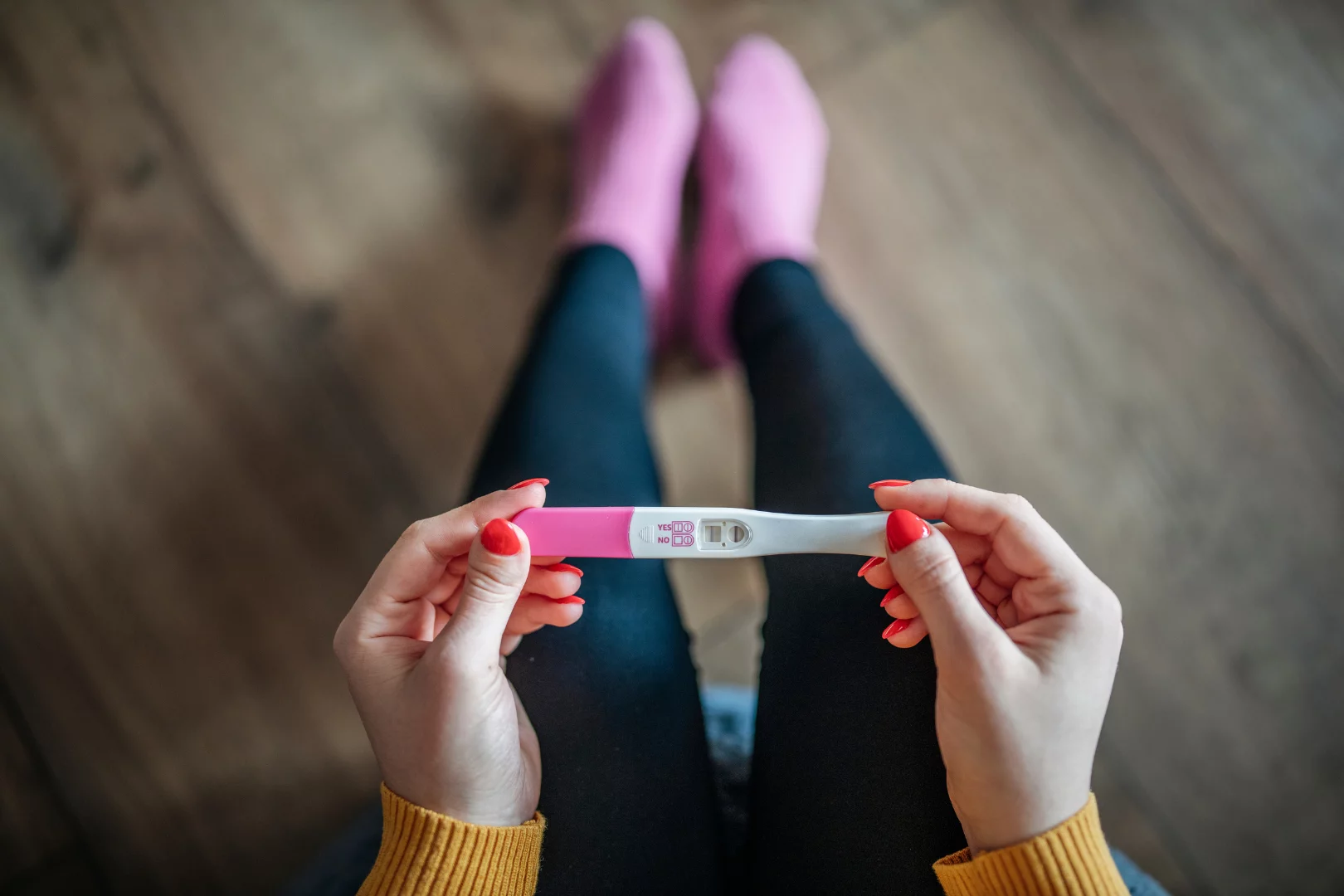Secondary Infertility: Trouble Getting Pregnant a Second Time
6.10.2022 · 2 min reading
Did you have your first child with no issues, but you're unable to conceive again? Then it's time to consider the fact that you may be facing secondary infertility, which can come as an unpleasant surprise for many couples. They often don't expect to face trouble in their attempt for a second child as the first pregnancy was successful.
‘Secondary infertility is the inability to conceive a child or carry a pregnancy to full term after previously giving birth’.
Causes of secondary infertility
Unlike primary infertility, in which complications occur during the first pregnancy, secondary infertility only becomes apparent during efforts to have another (second, third…) child. However, the causes may be the same in both cases. These particularly include:
- Reduced sperm production or function
- Damaged fallopian tubes or uterus
- Ovulation disorders
- Endometriosis
However, some of the causes only apply to secondary infertility – these are mostly complications directly resulting from previous pregnancies, but changes related to health, medications, lifestyle, age or rapid weight gain or loss should also be considered.
Diagnosis
You may be wondering when you should see a doctor. There are two important variables in the diagnosis of both primary and secondary infertility, namely how long you have been trying for a baby and the woman’s age. If you are under 35 years of age, you should visit a specialist after a year of unsuccessful trying. If you are over 35, you should only wait half a year.
‘After my first somewhat difficult pregnancy, I couldn’t imagine doing it all again for a long time, so we waited quite a while before trying for a second child. But I didn’t expect having difficulty conceiving again at all: it was due to our older age (I was already 38 at the time) as well as endometriosis, which I developed after my first child.’
Treatment depends on the cause
The treatment you will undergo depends on the cause of the infertility. If hormones are the culprit, it can be solved by administering hormone medication. Sometimes surgical procedures (which are minimally invasive today) can also help eliminate problems caused by uterine fibroids or endometriosis. However, sometimes after a detailed semen analysis and analysis of the woman’s reproductive system, the couple may receive a recommendation for intrauterine insemination (IUI), and sometimes even IVF treatment.
Infertility following abortion
It is generally believed that abortion (whether spontaneous or induced) does not affect a woman’s ability to become pregnant in the future, nor does it increase the risk of pregnancy complications. However, inflammation in the uterus arising as a result of the abortion may pose problems. This may potentially affect future fertility, but it is highly unlikely to happen. So, if you’re having trouble conceiving after an abortion, you should consider other factors such as age, your partner’s fertility, your lifestyle or previous illnesses (such as sexually transmitted diseases).
Getting pregnant with secondary infertility
If you suspect you have secondary infertility, you shouldn’t wait for things to improve by themselves, as there are variables that could worsen complications over time. The best way to ensure that it doesn’t become too late is to consult with a specialist who will give you practical advice, perform important examinations, provide emotional support, and recommend a treatment strategy that will help you have another baby.









